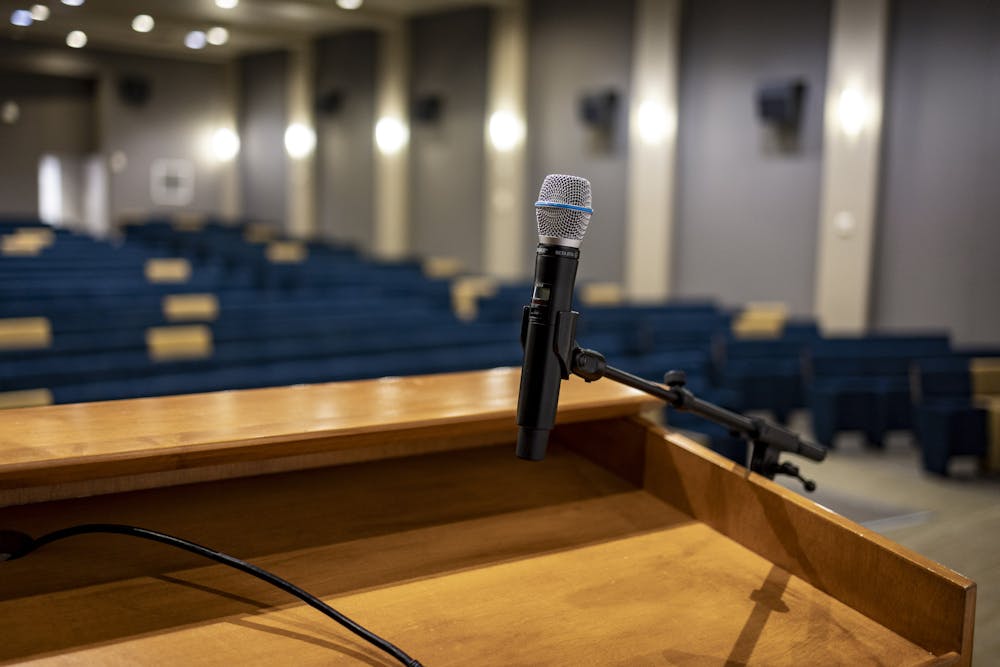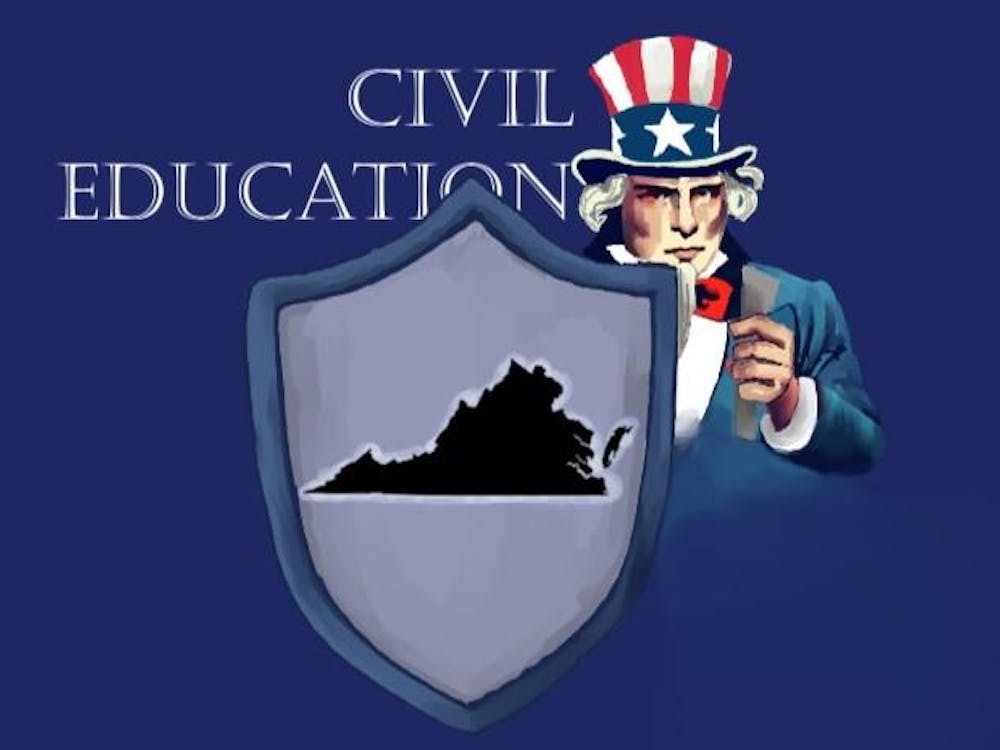Few topics spark more contentious discourse than the issue of free speech, especially on college campuses. Schools across the country struggle to strike a balance between the free exchange of ideas and cultivating an environment where students from diverse backgrounds can live and learn. Here in Charlottesville, the University ranks number 6 in the Foundation for Individual Rights and Expression’s free speech ranking, if such a thing can be ranked numerically. It’s a fairly high ranking, and a student published in the Jefferson Independent claims the ranking gives the false impression that “students of different mindsets are dancing around a campfire, holding hands and singing folk songs.” This statement underscores a failure to grasp what the purpose of free speech is — it is not about superficial harmony in the wake of conflicting viewpoints, but rather the use of reason and debate to learn, grow, build consensus and move society forward. Free speech, then, may entitle people to platform problematic individuals, but it does not entitle these people — or the controversial speakers they invite — to any sort of welcoming, campfire-dancing student body.
Conservative students and organizations on Grounds seem genuinely convinced they have been denied their right to an environment that is conducive to free speech. It is worth pointing out that recent events suggest that this is far from true. Who could forget when Young Americans for Freedom hosted former vice president Mike Pence. Or just last week, when multiple organizations hosted Mike Pompeo, former Central Intelligence Agency director? It is clear that conservatives have space in which to speak — and they use it, unapologetically.
It should be even more clear that the University is far from a progressive paradise — in fact, it has traditionally been a breeding ground for hatred and bigotry. Gay rights activists have been denied speaking opportunities and women were barred from attending our school until 1970, nearly 70 years after the majority of our nation’s colleges had already become coeducational. Conservative ideas have certainly spent their time in the limelight at this University, but they are no longer center stage. This does not mean that people on the right are being silenced, as they have tried to claim. Instead, the free exchange of ideas puts certain viewpoints in competition with one another — a competition that conservative ideals have begun to lose. There is a marked difference between silencing opposing viewpoints and allowing ideas that once held sway to be recognized for their inferiority.
In a similar vein, we must also recognize that certain types of speech simply should not be tolerated here on Grounds, even if this speech is technically permissible under the law. If folks in our community use the First Amendment as a vehicle to promote bigotry, we must exercise our own rights to ensure these abhorrent actions do not go unchallenged. When the Jefferson Council hosts a discussion in the coming days with an anti-transgender author, for example, students can and should vehemently protest this decision.
This Editorial Board unequivocally and staunchly opposes the views expressed by this author, and we’ll use our platform to say so. We hope that many other students on Grounds will also take steps to signify their disapproval. Whether this means voicing support for our LGBTQ+ peers, arguing against the decision to platform hate or choosing not to associate with individuals who have demonstrated a proclivity for bigoted beliefs — the decision to share our discontent is consistent with our collective commitment to the freedom of speech, and so too is the claim that anti-transgender voices should have no place in our home.
In making this point, it is valuable for us to consider why we value free speech in the first place. By avoiding the arbitrary censorship of certain thoughts or opinions, we create the free exchange of ideas that is protected under the First Amendment. A direct consequence of allowing our ideas to be exchanged freely over time is that, eventually, certain viewpoints will gain enough traction to be commonplace within a community. It is through discourse over centuries that most of us have come to revere the ideal of democracy. Over time, reason and logic guide us towards better ideas and perspectives — a better “truth,” if you will. This is the product of free speech.
It happens that today, at least at many universities, student populations are becoming more progressive — and thus they champion progressive ideas. Many conservatives, meanwhile, complain that free speech is dying on college campuses. Herein lies the issue — the same people who are vocal proponents of saving free speech at undergraduate institutions decry the very product of free speech itself. Yes, conservative organizations have a constitutional right to bring problematic speakers to Grounds. But, under our right to free speech, we have the right to loudly protest their presence and vehemently criticize their perspectives — and yes, this might be “heated.” It might be tense. The right to free speech does not guarantee a space in which to speak comfortably.
As students, as a University, and as a society, we must be better at combating the false narrative that free speech is dying on college campuses. Universities exist, in part, to help humanity refine its understanding of the world we inhabit. This mission would be utterly futile if we were barred from leveraging the free exchange of ideas to ultimately approach some sort of consensus. While our collective commitment to civic discourse may require that we provide space for ideas on the fringes, it does not require that we make these problematic ideas feel heard, welcome, or respected.
The Cavalier Daily Editorial Board is composed of the Executive Editor, the Editor-in-Chief, the two Opinion Editors, their Senior Associates and an Opinion Columnist. The board can be reached at eb@cavalierdaily.com.







